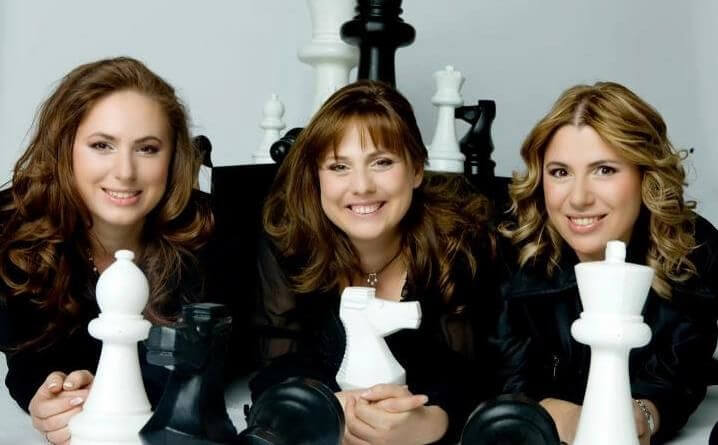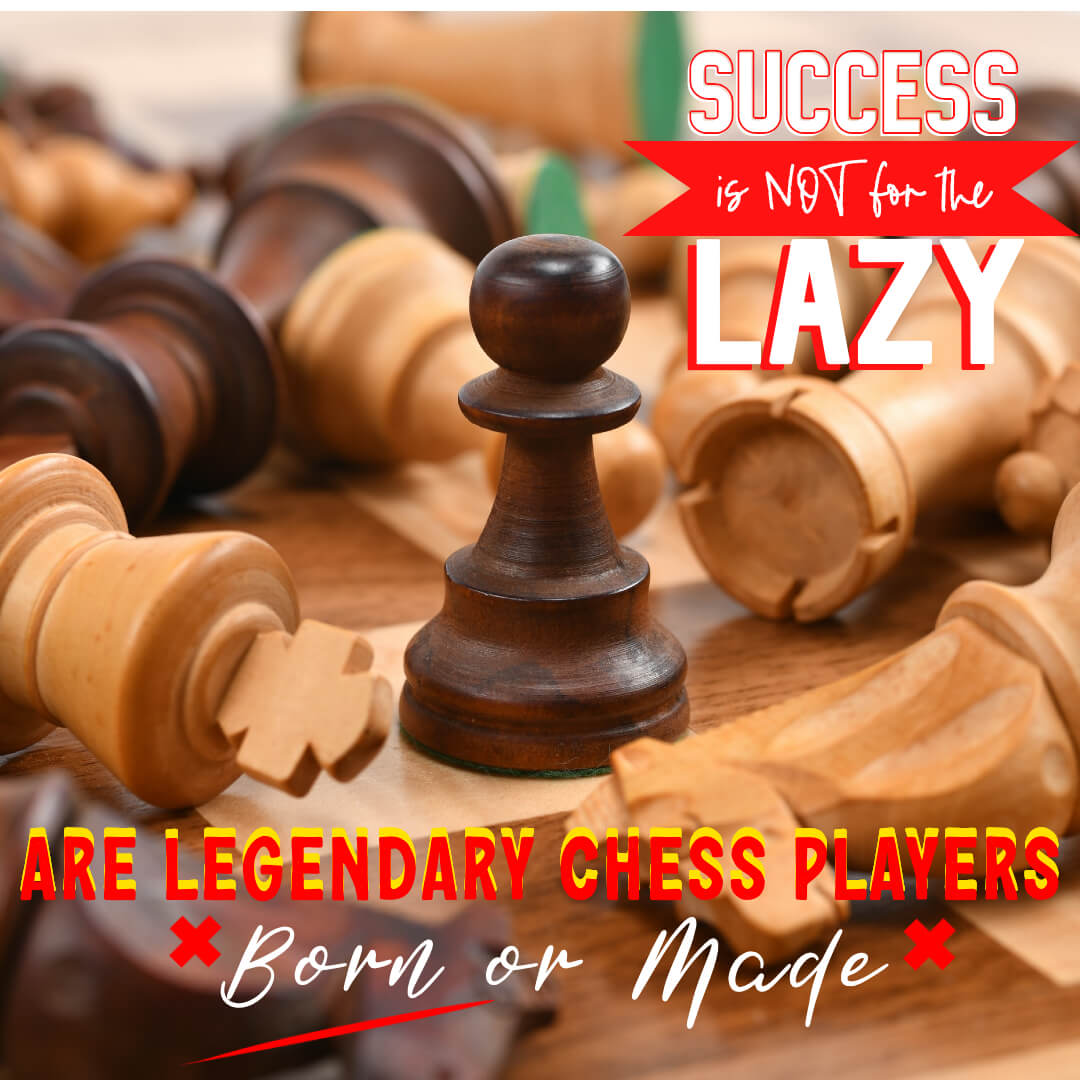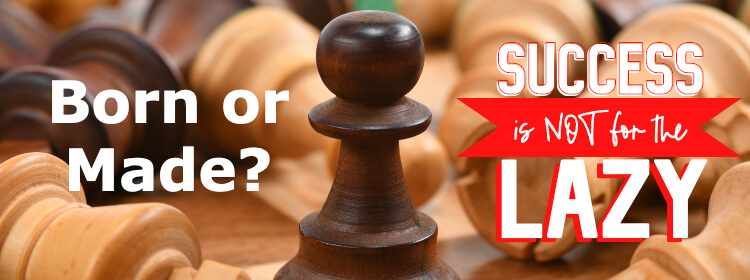Especially if you mean "in the last 80 years," it's born and then created. Long ago, a player like Morphy might become legendary without putting in a lot of effort. Capablanca was also known for not studying very much.
Born or Made?
Chess engines, chess databases, and dozens of online chess lectures and puzzles have made these days obsolete. Chess prodigies are nurtured on Indian streets and in schools beginning at the age of eight, and by the age of thirteen, they are Grand masters.
Magnus Carlsen, the current world champion, is an example. He remembers not only every game he's ever played, but also every position he's ever seen. That kind of ability is partly inherited. He has, nevertheless, spent tens of thousands of hours learning chess.
Capablanca may have been the last top player who didn't put in much effort in the classroom.
Capablanca played chess for 26 years and lost 28 games, despite the fact that he claimed he didn't study the game. But he was the best player in the world, and the fact that he didn't study is a fairy tale. He was gifted, but he preferred to play chess. At least, we want to think so.
Is it a perception of natural talent or a result of hard work?
If it was possible to stand out based on natural skill and little or no practice at some point in history, it has not been possible for a long time, not only in chess but in any sport or art form. Capablanca may have been the last champion to do so, but Granda Ziga can also be mentioned for attaining the global rating of 25th.
It is now widely accepted that it is a hybrid of the two. Hard work, which is based on using others' experience to improve one's understanding of the chess game, typically carries more weight than natural talent, and the best results are obtained when someone with natural talent works hard, in the sense of gaining a broader and deeper understanding more quickly.
Fischer spent more hours to individual work than the six members of the Soviet Olympic squad, which normally included the world champion and runner-up, according to ex-world champion Smyslov. And such has been the degree of passion and professionalism in the game for the past half-century.
Although only Susan made it to the Hall of Fame, the Polgar sisters, whose father, Laszlo, inundated them with chess from a young age, seem to indicate that they may be created.

Carlsen and Fischer were raised in cultures where chess was not highly valued prior to their arrival, but they made it their own and worked hard. They were enthralled by what they were doing.
Similar Novak Djokovic, he had one tennis racket and played his tennis balls in the empty bombarded swimming pool during the Bosnia Serbian war. Not a silver spoon in his mouth. The greatest players are born with the talent but if you don’t develop it you stay mediocre good. For pub or local club chess you might be the best one but if you consider GM level or the Chess Candidates level then you better dedicate at least 8000 hours to it. Some classic said, if you want to be very good at something all you need to do is to train 8000 hours. It does not seem a lot, but if you count 8 hours a day (no breaks, no weekends, no Christmas), that is 1000 days straight. Realistically, it will be 2000 perhaps. That is five and half years of constant training of chess. Can you, do it? And that is training only without tournaments and competitions which add on extra time.
Karpov, Kasparov, and other players from the Soviet Bloc were influenced by a culture that emphasized chess and must have aided their development. The Indian chess culture is similar. GM Viswanathan Anand grew up in the culture where chess is part of the elementary and high school systems. Therefore, we see many young chess prodigies such as Rameshbabu Praggnanandha to become GM at age of 13.
Fast forward chess learning
What are the options today? Luckily you are born where books are options for collectors or vintage readers. We live in the age of chess databases and chess engines where everything you do on the chess board – especially in the opening and middle game have been played before. Individual openings have even names after their inventors. The Oxford Companion to Chess lists 1,327 named openings and variants, and there are many others with varying degrees of common usage. Opening moves that are considered standard are referred to as "book moves", or simply "book". You can also check the latest chess APP - GCHESS which combines all chess available resources (chess database, chess engines, youtube video lectures on positions with AI search, TWIC, Chess news and much more.
Download the 52 hottest openings from Opening Master chess database. All for free.
Conclusion
CONCLUSION: It's not a case of either/or. Some people are born and must continue developing themselves; others are substantially aided by the chance of where they were born and the culture they were exposed to.



